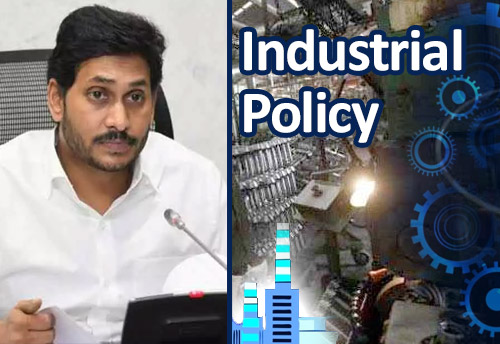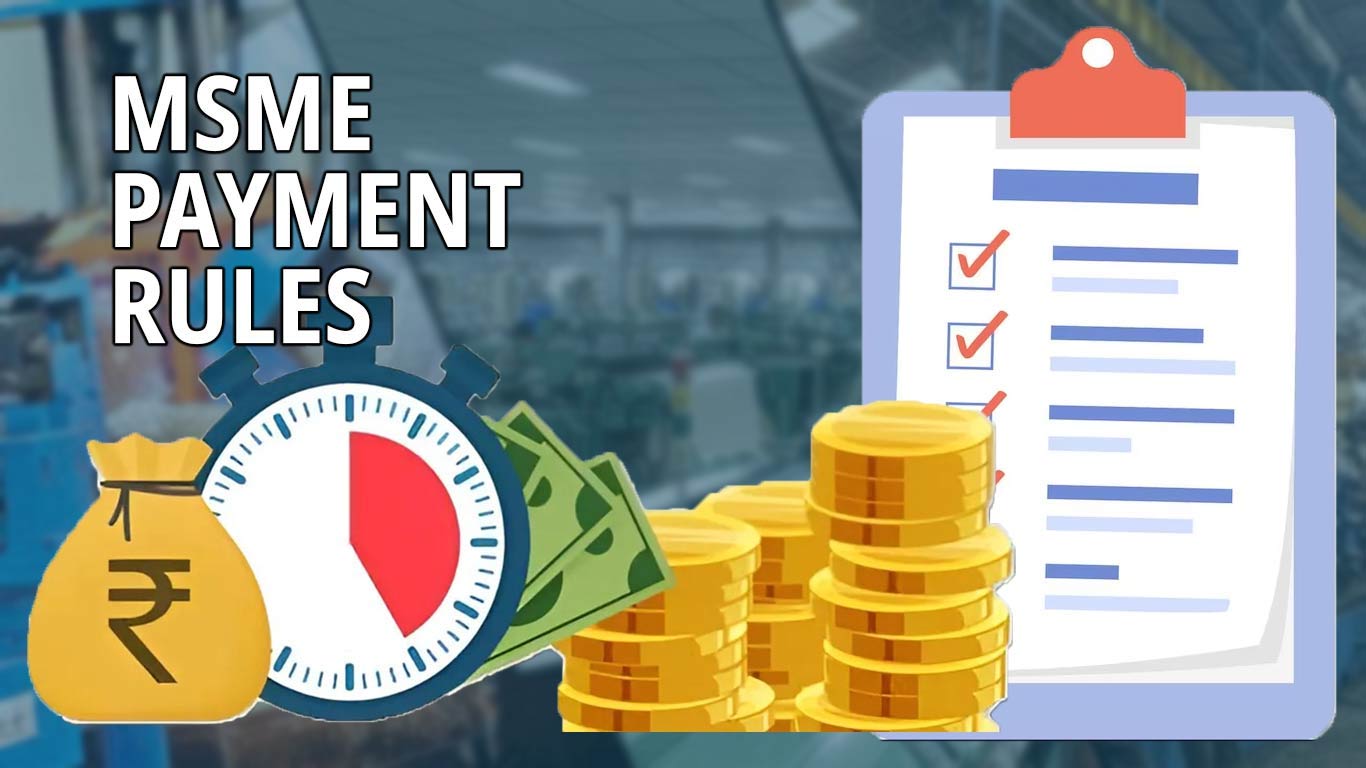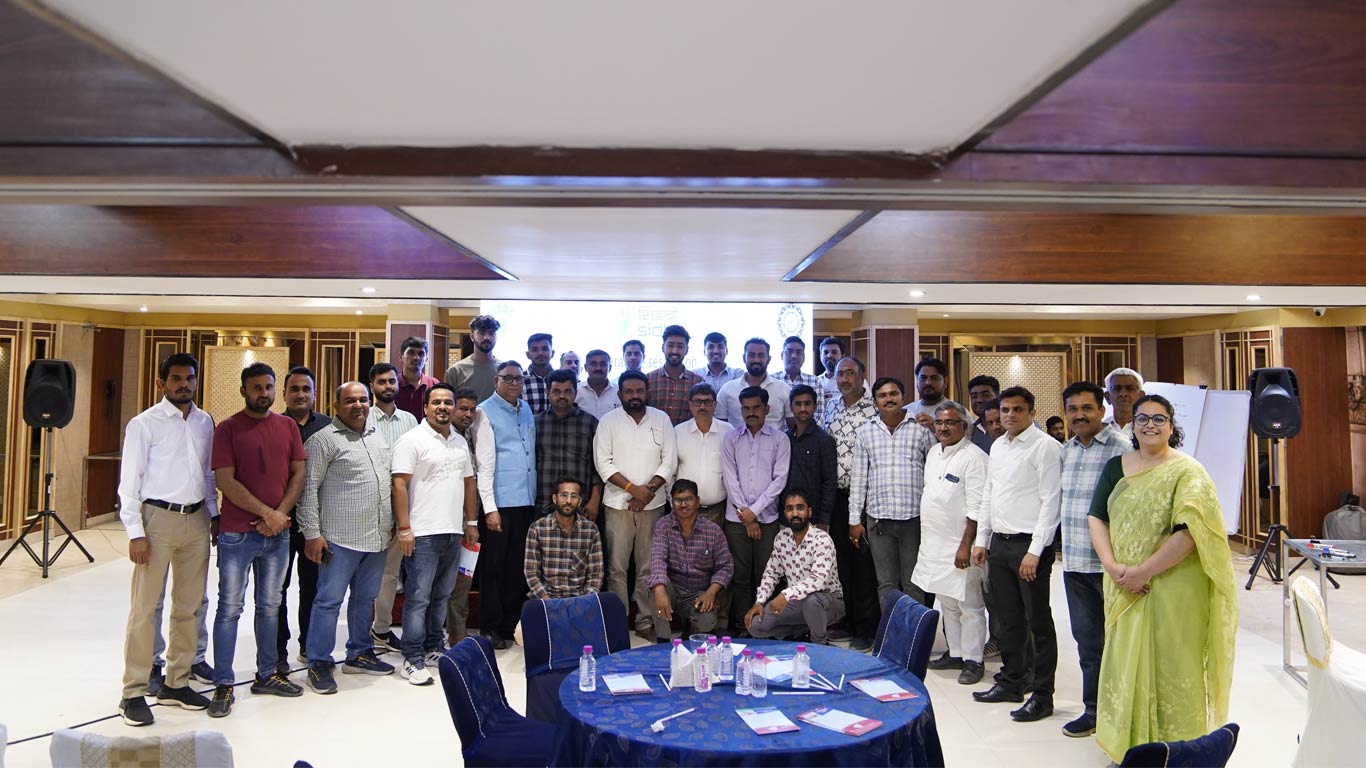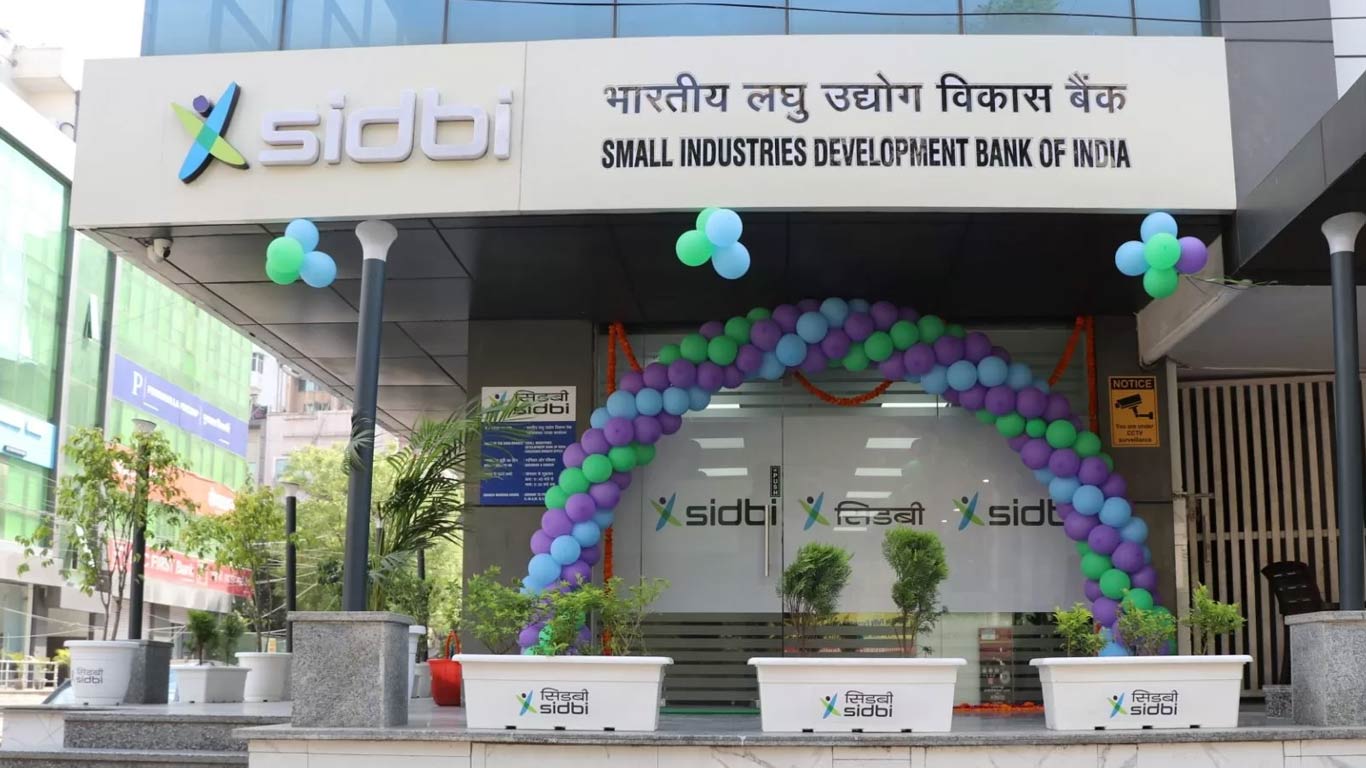New Andhra 'Industrial Policy' focuses on MSMEs
Updated: Aug 11, 2020 07:32:36am

New Andhra 'Industrial Policy' focuses on MSMEs
Hyderabad, Aug 11 (KNN) The Andhra Pradesh (AP) government has announced its new industrial policy with a major focus and support for the Micro, Small and Medium Enterprises (MSME) sector.
The policy which was announced on Monday will be effective till 2023 has identified 10 thrust sectors in the state such as food processing, pharma, toys, textiles, footwear, automobiles, electronics, petrochemicals, mineral-based industries, and aerospace-defence.
As per the new industrial policy, the state would set up 30 skill development centres and two skill development universities with a focus on cutting edge analytics and smart manufacturing using the Internet of Things, predictive maintenance.
The AP government led by Jaganmohan Reddy is also planning a digital platform to match skilled labour with the requirements of the businesses.
“We are taking all measures to augment the industrial sector growth post the Covid-19 impact. Our new policy rolled out today aims for the holistic development of all areas with industrial, commercial and economic activities,” said state Industries and Infrastructure Minister Mekapati Goutham Reddy.
"De-risking the investments is the cornerstone of the new industrial policy. We are introducing 'YSR AP One', a multi-faceted business enablement centre which acts as a one- stop resource and support centre for industries," he added.
The major incentives to be provided for MSMEs are reimbursement of 100 percent stamp duty on the purchase of land or lease of buildings for industrial use, fixed power cost reimbursement at Rs one rupee per unit for five years, reimbursement of 100 percent net SGST for five years from production commencement, and 15 percent investment subsidy on fixed capital investment up to Rs 20 lakh.
Medium, large, and mega industries would also get reimbursement of up to 100 per cent of net SGST accrued to the state for five years or 100 per cent fixed capital investment (whichever lower) based on the number of jobs they provide.











